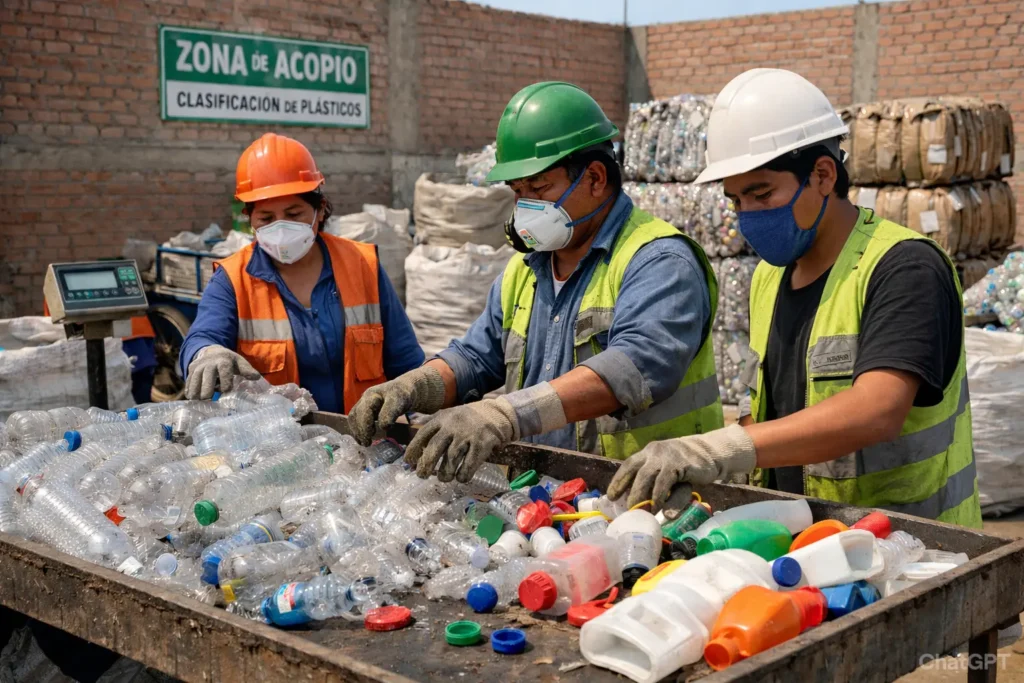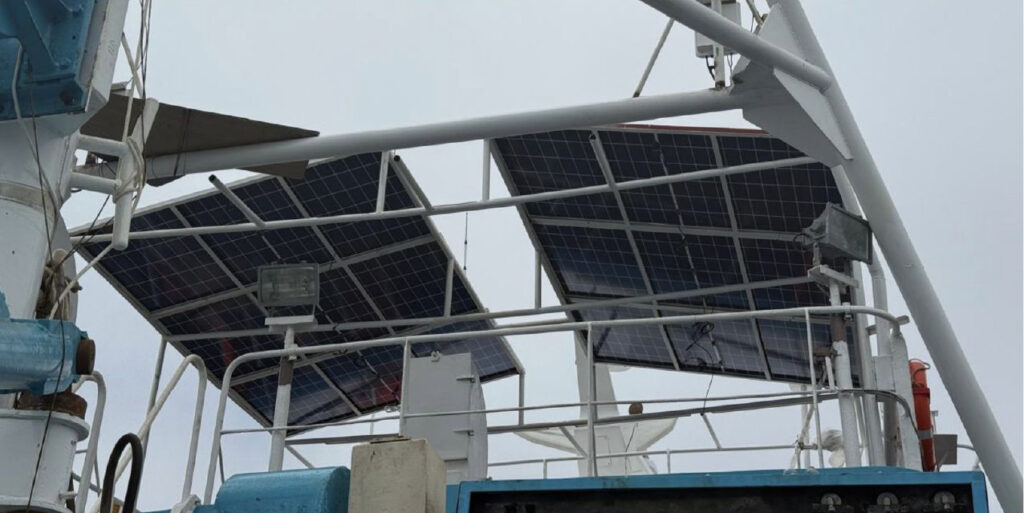Daniela Door, manager of Alternatives and Analysis at Prima AFP, spoke to El Comercio about the importance of environmental, social and corporate governance (ESG) criteria when evaluating new investments. Door pointed out that the pandemic has accelerated the interest of companies in being evaluated under these criteria.
What challenges do you face in analyzing private issuers in the country under environmental, social and corporate governance criteria?
Historically, there has always been a financial analysis [to decide on investments] and the one we did at Prima AFP included the corporate governance criteria, and that process has evolved over time. We started analyzing companies under Environmental, Social and Corporate Governance (ESG) factors since October 2019. The challenge has been, from the analysis point of view, training. We all have training in financial analysis, but today there is an important work for the analysis of the other two factors. We have three analysts certified in it and in November six more people from the team will achieve certification. Regarding analysis, it helps a lot that we are one of the few countries where sustainability reporting is mandatory.
How well have companies understood the need to include these criteria in their activities?
The COVID crisis has been key. For a company to be solid, it must maintain good corporate governance, and this entails good social and environmental practices. Those that are prepared are better able to cope with events such as these. The pandemic highlights the need to be prepared. We have seen some companies calling us and wanting more information on how to be more transparent on material ESG factors. It's a wheel that's starting to move more strongly.
From which sectors are the companies that have been most receptive to these criteria?
There are companies that are more receptive than others in all sectors. It depends a lot on their corporate governance. This year, as a result of the crisis, we conducted an analysis of the relationship that the issuers we invest in have with their stakeholders, and we have seen that they are more open to providing more information.
How do you check that the companies' declarations are fulfilled in their daily activities?
We use information from our own company and third party information sources, both from information providers and government agencies. In addition, you can also see reports of fines. Today we are working to have these sources to our advantage. The most important thing is to focus on material things.
The Responsible Investment Program (PIR) is working here in Peru to materialize ESG criteria in the mining sector. What are you working on?
We chose this sector because of its relevance in the country and the complexity of the activity. We analyzed several aspects. Prima AFP has had to work on the issue of air quality. In general, we will analyze various material issues such as: greenhouse gas emissions, impact on biodiversity, relationship with communities, among others. We are basing this work on international standards.
What will be the result of this analysis?
When we do a working group, there is a deliverable. In this case the deliverable will be a guide to define how to analyze these material factors in mining companies. The idea is that all members of the PIR use it in their own analysis. We are looking for all the working groups to come up with a practical and useful result.
The profitability of these assets is also important, especially if they are pension funds. Are the expected returns for these types of investments also attractive?
For us, the member's profitability comes first. Good profitability is obtained from a diversified portfolio and by properly measuring risks. This is where ESG factors are key. If you integrate these factors into your investment processes, what you will achieve are more robust and complete investment processes. This will help you make better investment decisions and thus improve the quality of your portfolio. This year it has become evident that investing under sustainability criteria such as ESG factors implies higher profitability.
And are these assets less volatile?
In the crisis, they have had a better performance. Evidently, we are talking about companies that are better prepared to face complex situations. To be a sustainable company is to be a better company; therefore, in crisis situations they respond better.






